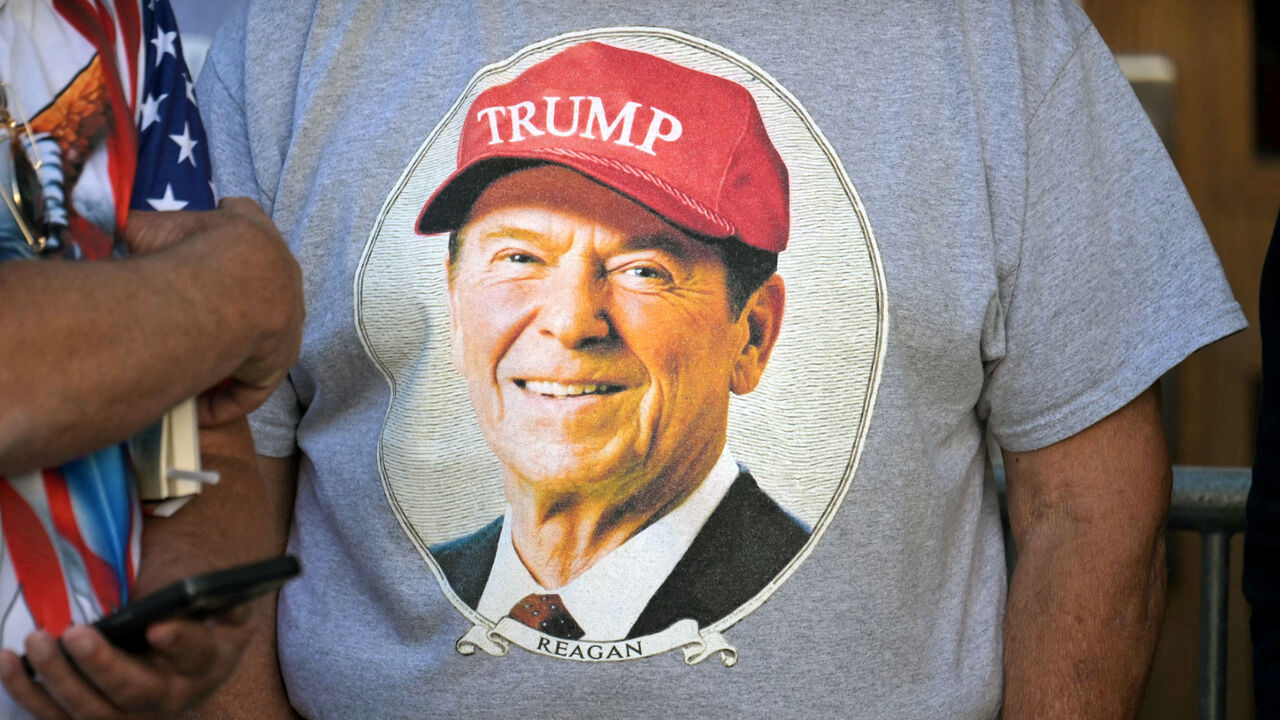Job creation in October slowed to its weakest pace since late 2020 as the impacts of storms in the Southeast and a significant labor impasse dented the employment picture.
Nonfarm payrolls increased by 12,000 for the month, down sharply from September and below the Dow Jones estimate for 100,000, the Bureau of Labor Statistics reported Friday. In what had already been expected to be a downbeat report, October posted the smallest gain since December 2020.
The unemployment rate, however, held at 4.1%, in line with expectations. A broader measure of unemployment that includes discouraged workers and those holding part-time jobs for economic reasons also was unchanged at 7.7%.
In the report narrative, the BLS noted that the Boeing strike likely subtracted 44,000 jobs in the manufacturing sector, which lost 46,000 positions overall.
Along with that, the report noted the impact of hurricanes Helene and Milton but said “it is not possible to quantify the net effect” of the storms on the jobs total.
Elsewhere, the bureau said average hourly earnings increased 0.4% for the month, slightly higher than the estimate, though the 4% 12-month gain was in line. The average work week held steady at 34.3 hours.
Markets, though, largely ignored the bad news, with stock market futures poised for a strong open on Wall Street while Treasury yields plunged. The meager jobs numbers along with wages about in line with expectations help cement another interest rate cut from the Federal Reserve next week.
“At first glance, October’s jobs report paints a picture of growing fragility in the U.S. labor market, but under the surface is a muddy report roiled by climate and labor disruptions,” said Cory Stahle, an economist at the Indeed Hiring Lab. “While the impacts of these events are real and should not be ignored, they are likely temporary and not a signal of a collapsing job market.”
The release comes just days ahead of the presidential election in which Democrat Kamala Harris and Republican Donald Trump are in what most polls show to be a deadlocked race. With the economy at the forefront of the battle, the light jobs number “casts a murky shadow heading into next week,” said Lisa Sturtevant, chief economist at Bright MLS.
The weak October report also included substantial downward revisions from previous months. August was cut to just a gain of 78,000 while September’s initial estimate came down to 223,000. Together, the net revisions lowered previously reported job creation totals by 112,000.
Health care and government again led job creation, respectively adding 52,000 and 40,000 positions. Several sectors, though, saw job losses.
In addition to the expected pullback in manufacturing, temporary help services saw a drop of 49,000. The category is sometimes seen as a proxy for underlying job strength and has seen a decline of 577,000 since March 2022, the BLS said.
Another leading sector, leisure and hospitality, saw a drop of 4,000, while retail trade and transportation and warehousing also reported modest declines.
In the household survey, which is used to calculate the unemployment rate, the hiring numbers were even weaker.
That showed 368,000 fewer people reported holding jobs and the labor force contracting by 220,000. Full-time employment declined by 164,000, while part-timers fell by 227,000.
The report covers a month in which hurricanes Helene and Milton slammed the Southeast – Florida and North Carolina in particular – while the Boeing strike also hit what had been a vibrant though slowing labor market. Recent developments indicate that the Boeing impasse could be near an end.
Prior to the release, job creation had averaged close to 200,000 a month during 2024, about 60,000 below the pace for the same period a year ago through still indicative of solid pace of hiring.
Some cracks in recent months have raised concerns at the Federal Reserve that while the year-over-year pace of inflation is slowing, elevated interest rate could impact the labor market and threaten the ongoing economic expansion.
As a result, policymakers in September took a step unprecedented for a growing economy and lowered their benchmark short-term interest rate by half a percentage point, double the customary quarter-point increments in which the Fed usually likes to move.
Financial markets are pricing in a strong likelihood that the central bank cuts by a quarter point at each of its two remaining meetings this year. The rate-setting Federal Open Market Committee will announce its decision next Thursday.

 Personal Finance1 week ago
Personal Finance1 week ago
 Blog Post1 week ago
Blog Post1 week ago
 Economics6 days ago
Economics6 days ago
 Economics1 week ago
Economics1 week ago
 Accounting6 days ago
Accounting6 days ago
 Personal Finance1 week ago
Personal Finance1 week ago
 Economics6 days ago
Economics6 days ago
 Personal Finance6 days ago
Personal Finance6 days ago





















